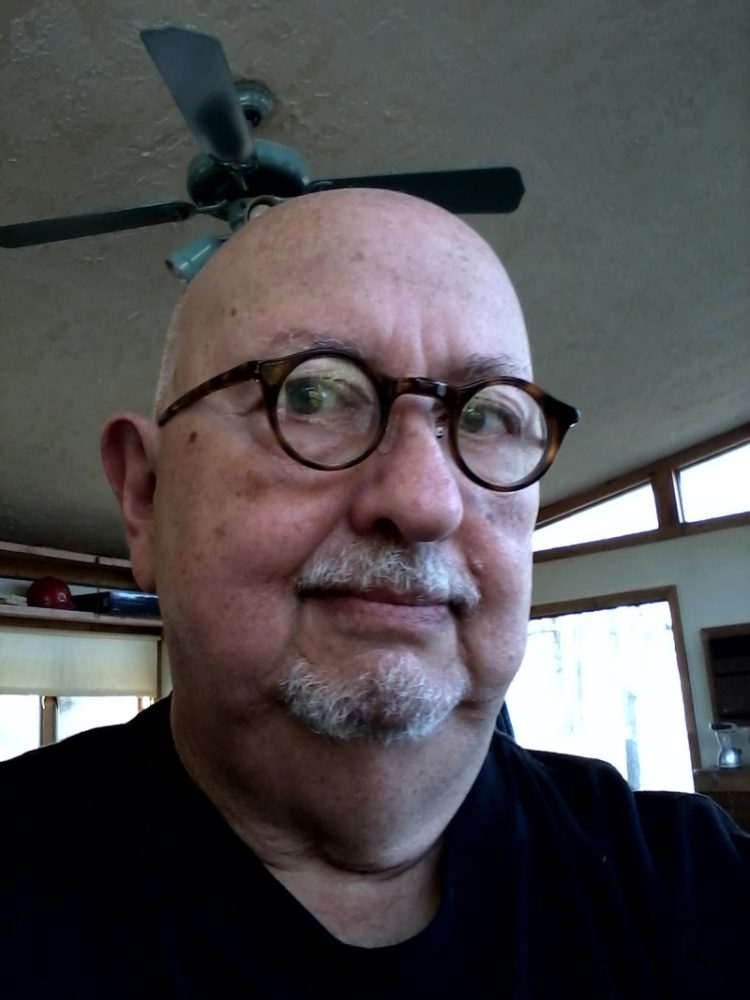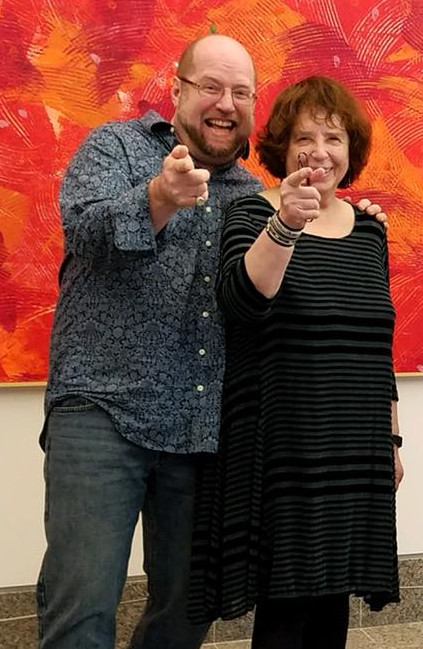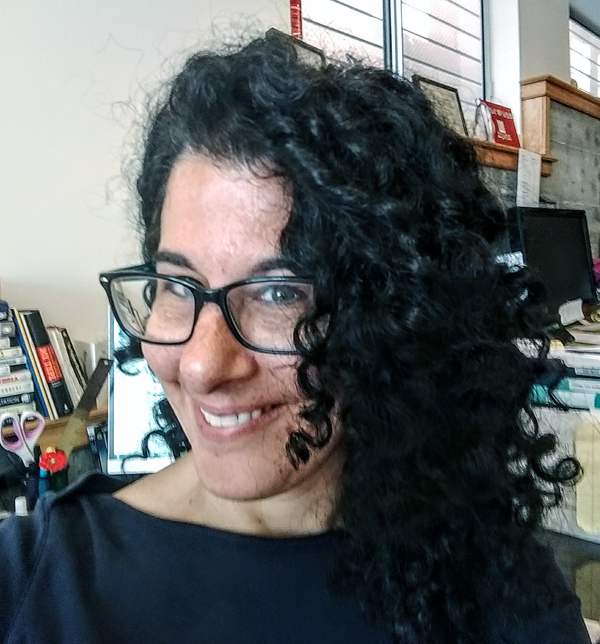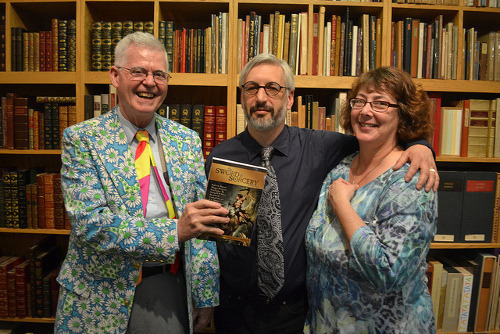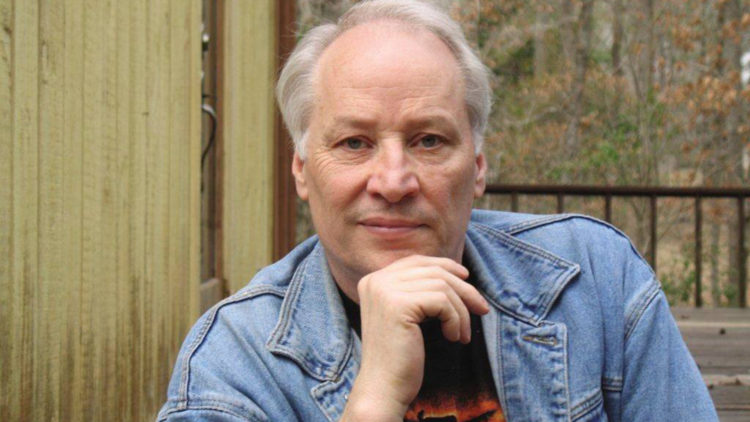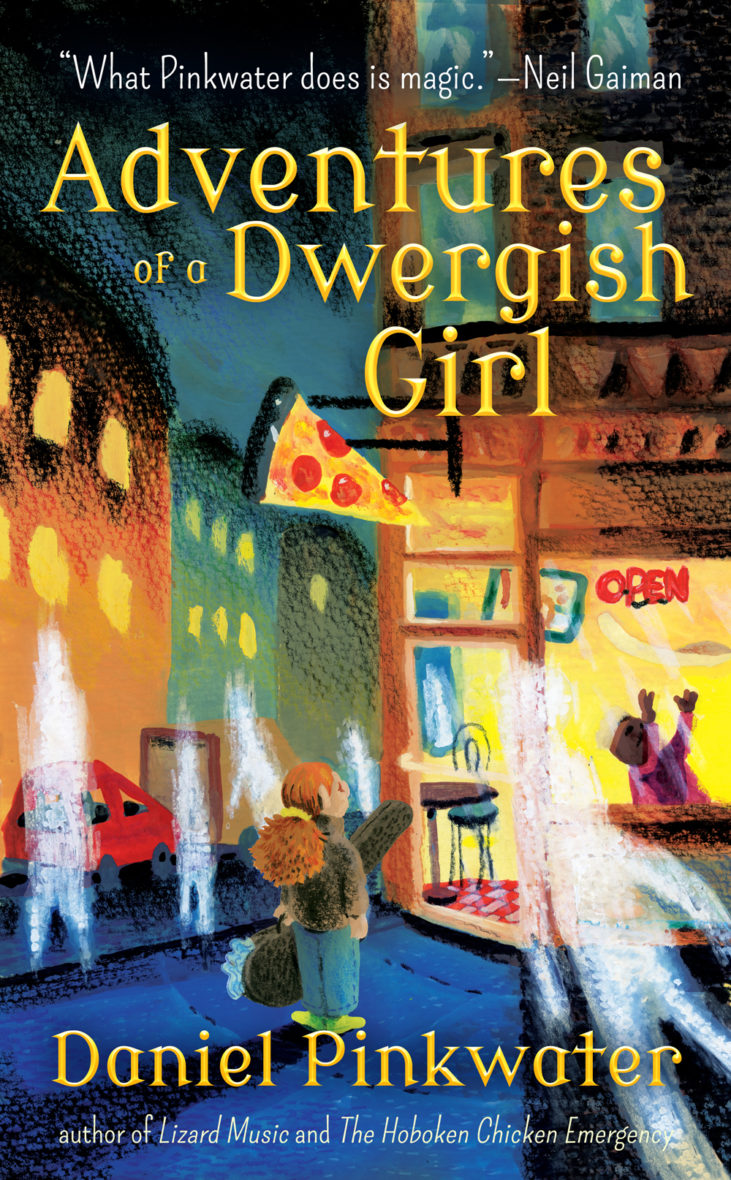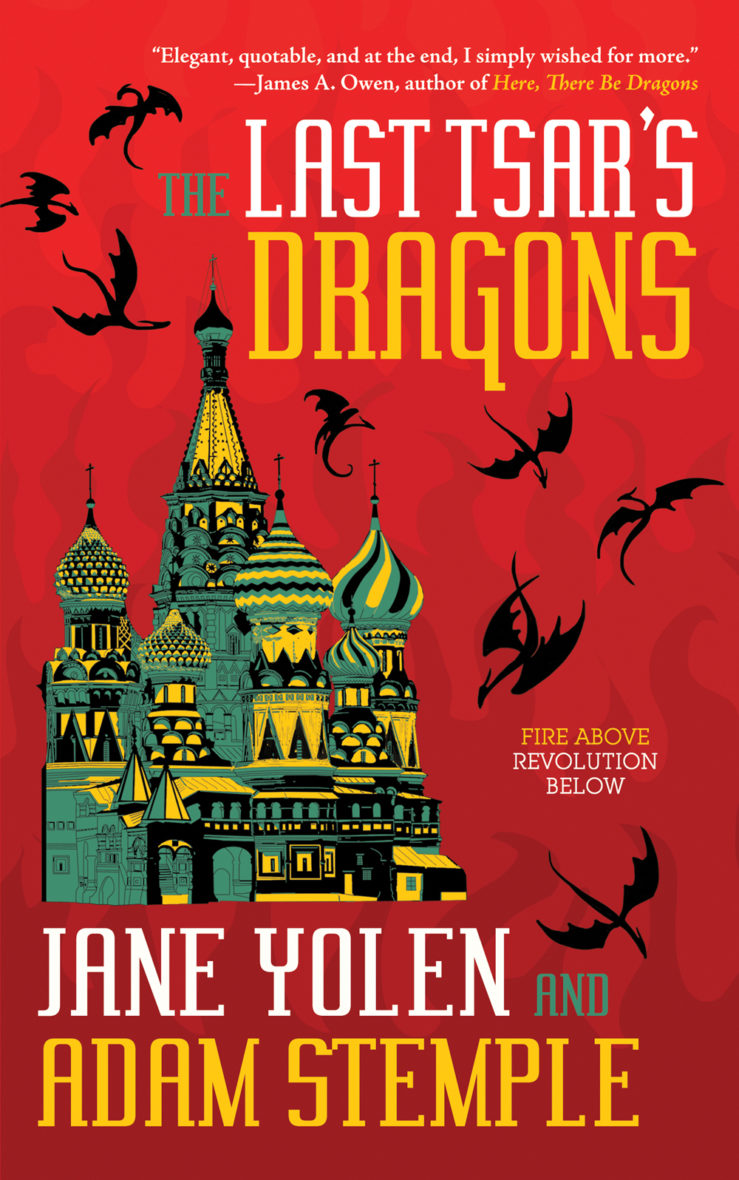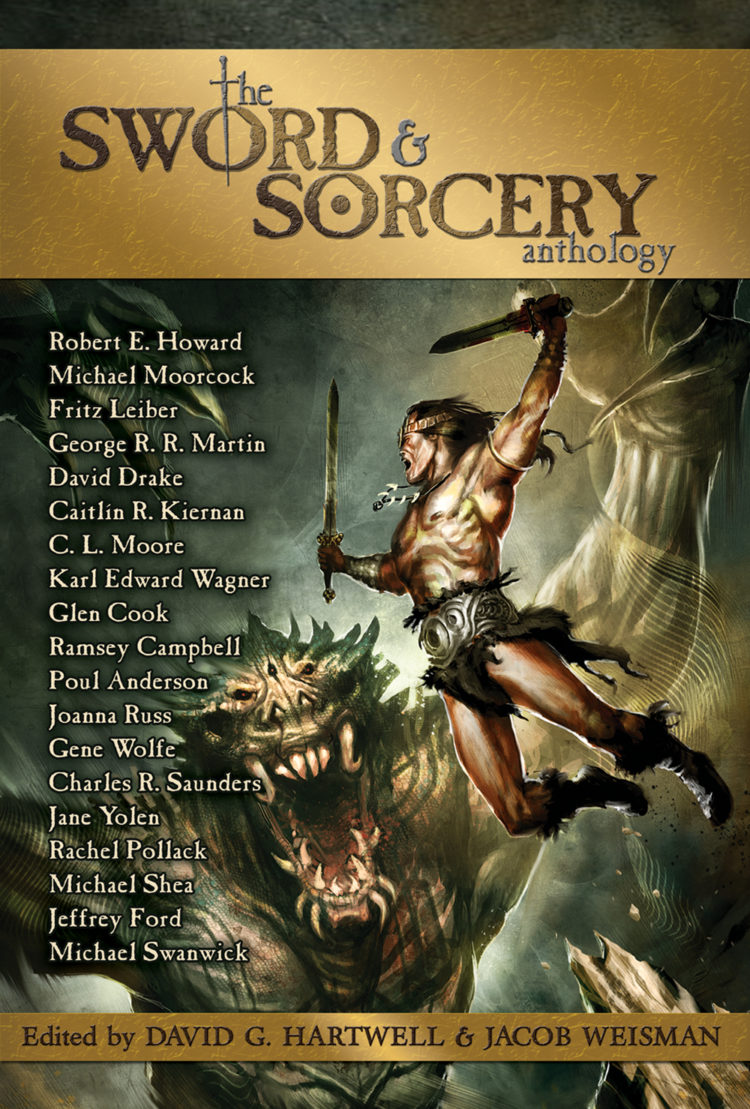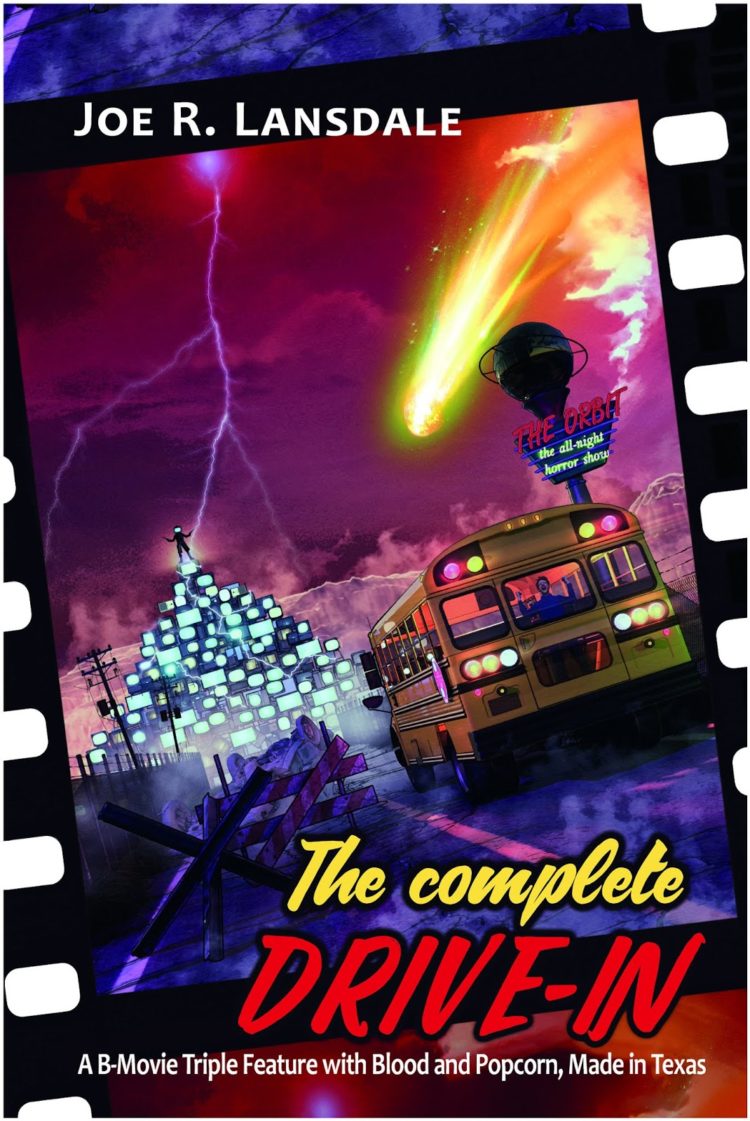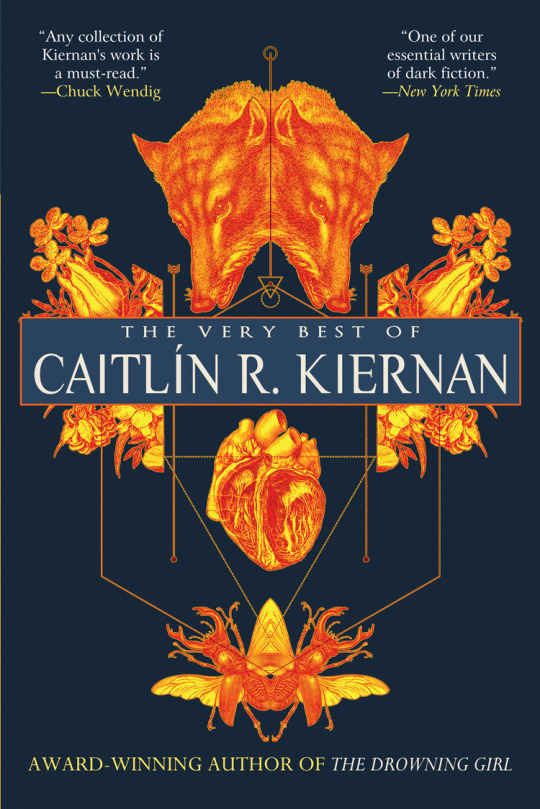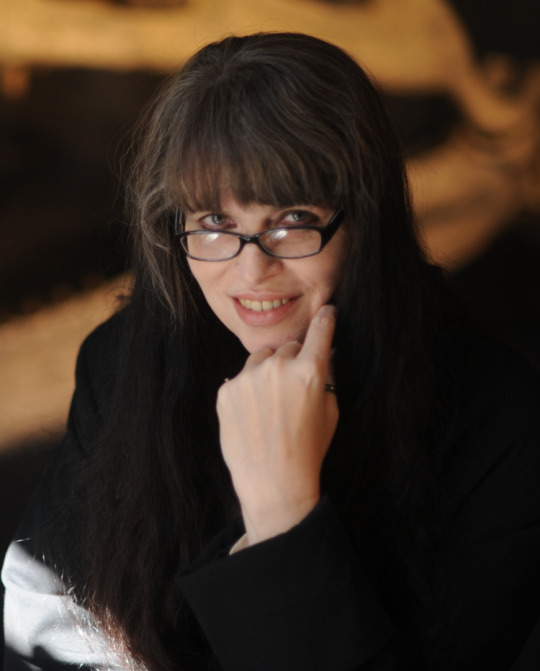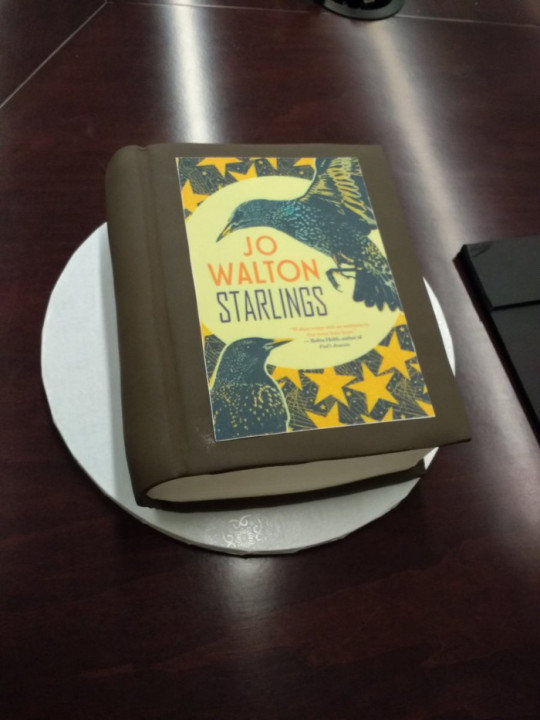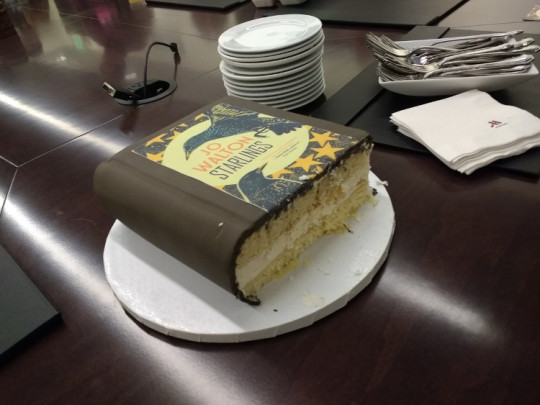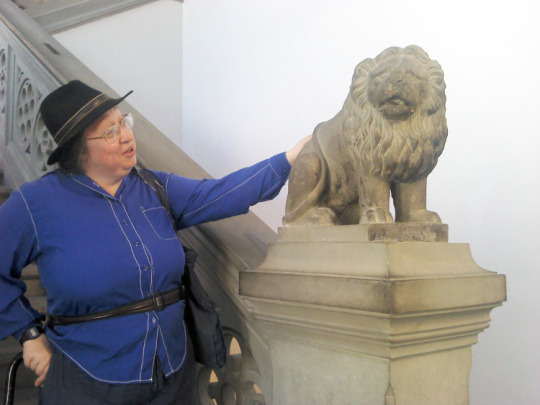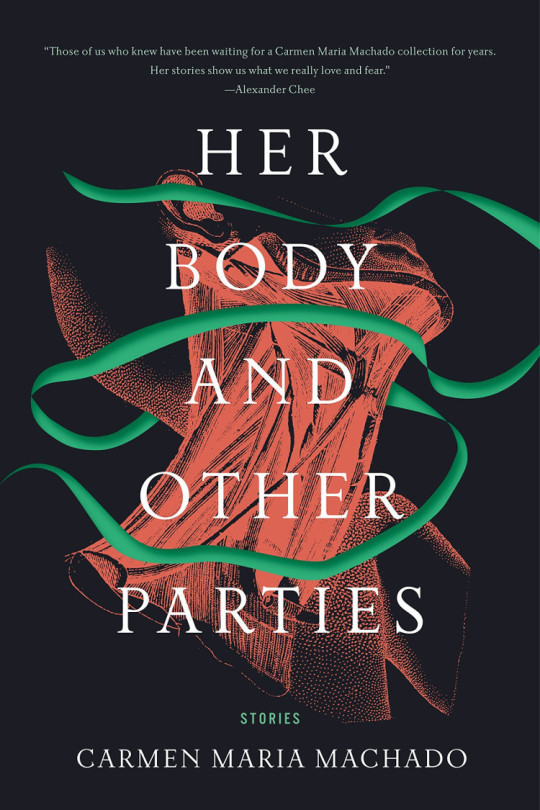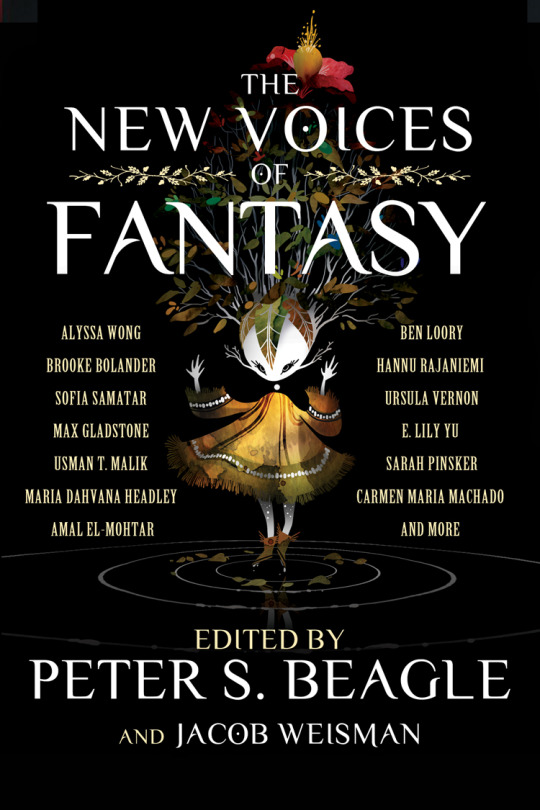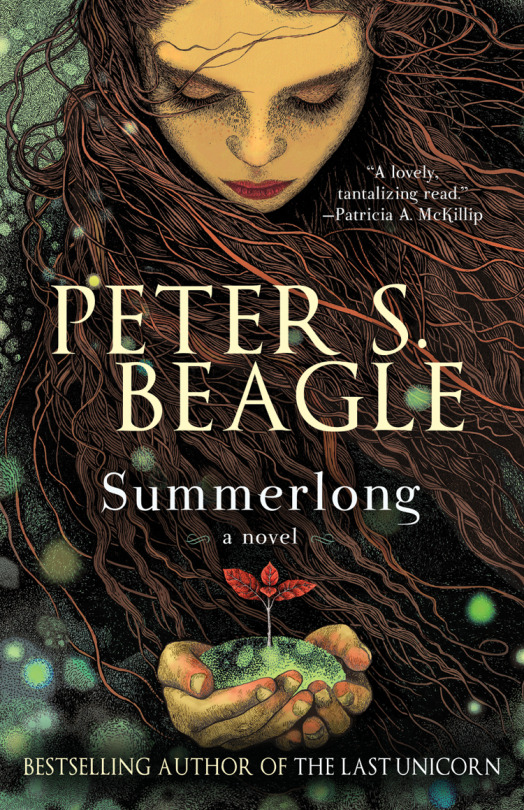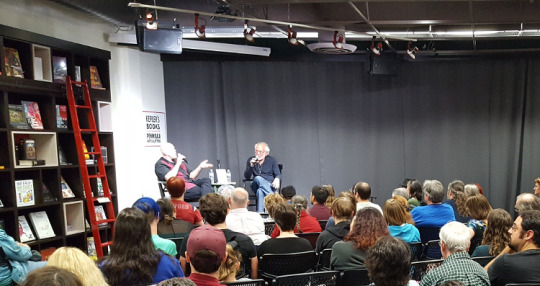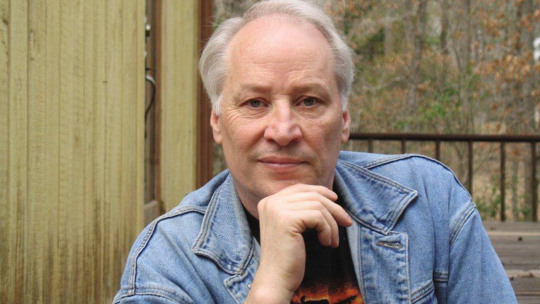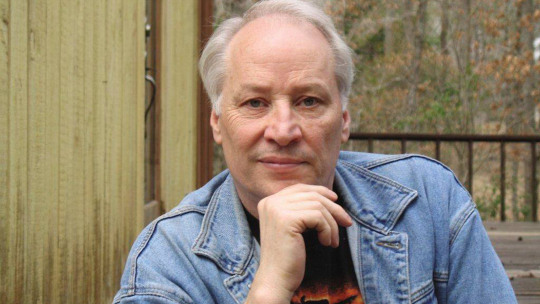With the joyous BITTER MEDICINE, Mia Tsai does not disappoint
Mia Tsai’s debut novel BITTER MEDICINE continues to captivate as evident by reviews from Olivia Waite in the The New York Times, Caren Gussoff Sumption for Locus, The Book Lover’s Boudoir, Britt’s Book Blurbs, and a pair of Bookstagram posts (@onceuponabooktalk and @yourlocalbookreader). Tsai was interviewed by Marshal Zeringue at Writer Interviews.
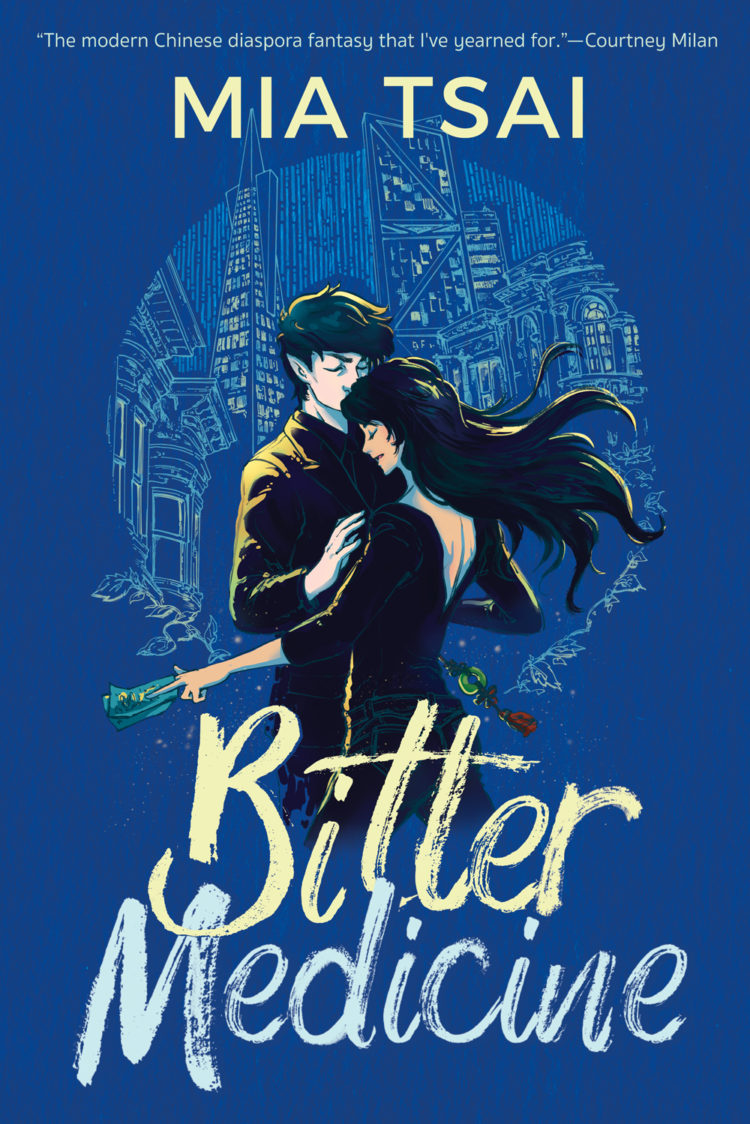
Design by Elizabeth Story
There are so many joys in this paranormal. The wealth of languages, mythologies, religions and magicks are a weight that balances the emotional tenderness. Healing magic, rather than fighting magic, takes center stage — and without spoiling things too much, it’s also one of the rare paranormals to feature a heroine who loses rather than gains power. Tsai does not flinch from this grief: “The overhead lights cast her shadow, faint and watery, across her threshold, and that’s how she imagines she looks: magic-less and broken, a ghostly husk of herself.” In a subgenre that so often makes supernatural power the answer to problems, how refreshing to find one that says being mortal — being human, and happy, and safe — is purpose enough.
The New York Times
Mia Tsai’s debut, BITTER MEDICINE does not disappoint. There’s magic, there are elves. Sphinxes act as forest parents. Enchanted rings that can transport between thousands of miles in a few seconds supplant any need for a good subway system. And talented sigil and potion makers can always find work supplying protection to the operatives and temp workers of the fae-owned Roland & Riddle agency.
Locus
All the necessary ingredients for a fun urban fantasy are present and accounted for. Tsai creates a strong and very human heroine in Elle Mei (with some irony, considering Elle is a temporarily-immortal direct descendant of Shénnóng, the Chinese god of medicine), and her powers and family lineage are important parts of the story.
I loved the blend of fantasy and the real world. I thought the world-building was excellent. I think Elle is a great character. I felt connected to her. Luc is a great character as well. The book gets unexpectedly dark at times which I loved. I had a great time reading this.
The Book Lover’s Boudoir
I appreciated Tsai’s decision not to translate certain pieces of dialogue, especially after reading the afterword. It adds more realism and depth to a fantastical narrative. There’s not only a wide range of creatures but a wide range of cultures represented within these pages.
Britt’s Book Blurbs

-Well-built Urban Fantasy World
-Intelligence Agency Aspect was really unique
-Gorgeous Character Growth for both leads
-So Playful. Great banter. Lots of humor.
-Luc calling Elle “my heart”
-The author’s note about why she used multiple languages in the book was fascinating
-Taiwanese-American Author
@onceuponabooktalk

@yourlocalbookreader
How much work does your title do to take readers into the story?
Writer Interviews
On a scale of “says what it is exactly on the tin” to “metaphor several layers deep,” BITTER MEDICINE scores in the middle. “Bitter medicine” describes the main theme of the book–the hard-to-swallow lessons you have to learn in life, whatever they may be–but it is also literal, as the title appears within the text. It’s also a bit of editorializing about the taste of Chinese medicine, most of which has disagreed with my taste buds. More to the point, Elle, one of my main characters, is a descendant of the Chinese god of medicine and a pretty good doctor in her own right, so the title is relevant in multiple ways.
Prior to a big rewrite that pushed the novel more into the realm of fantasy, it was titled A Brush with Love, which worked for me because Elle is a calligrapher and a lot of what she values revolves around her art. But it could also be misconstrued as a romance about dentists. Bitter Medicine is definitely the better title, and that has stuck, from querying all the way to the finished product.

